Spitfire Top Tens
Spitfire's Ten Favourite film scores, text books / study aids and orchestral pieces.

Blade Runner
Vangelis
To this day we can’t fathom how he did this. His combination of true synthetic orchestration (track by track, instrument by instrument) and audio excerpts that pre-empted the use of samplers in scores by at least a decade is quite extraordinary.
There are some pretty good tunes too, including creating an amazingly successful eroticism between two particularly (and possibly intentionally) wooden and robotic performances by the leading actors.

Psycho
Bernard Herrmann
With Jaws, what makes that score is the bit we all know: the naa-na bass stuff. Now, we all know Psycho for its ‘hoink hoink” but the genius here lies in the prologue. Arguably one of the first cellular, systems pieces committed to tape, but with a flavour deeply entrenched in early 20th western European traditions. It’s also extraordinary in its opening driving scene… Nothing - a woman, schizoid almost, driving a car, but Bernard isn’t describing this, he’s describing what’s going on in her head; she’s freaking out.
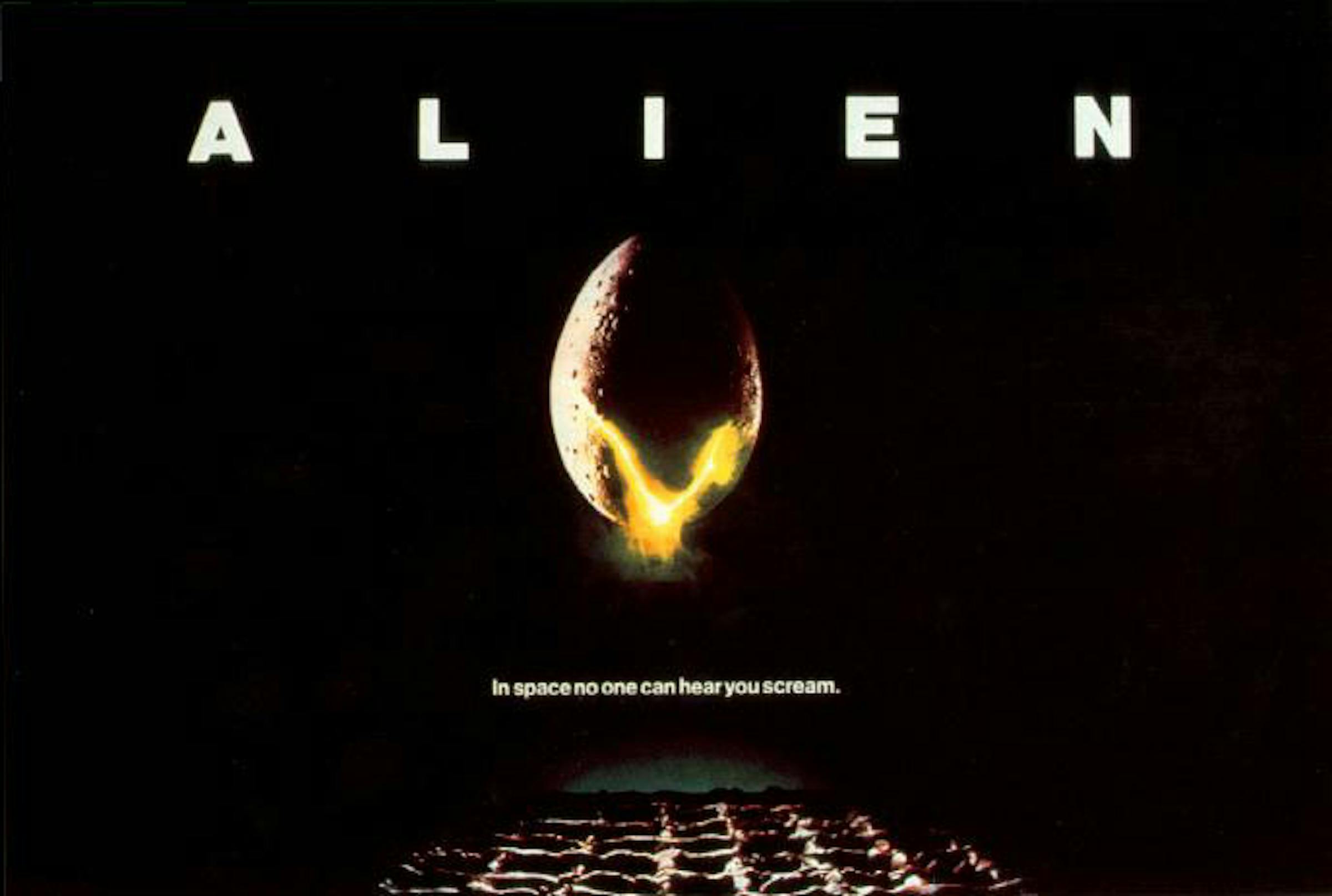
Alien
Jerry Goldsmith
Despite a tortuous and frustrating post production period for Goldsmith, the final film uses music sparsely and ingeniously, setting the scene perfectly at the opening, and as with many of his scores, provides an interesting education on when not to use music.

The Godfather
Nino Rota
We have a soft spot for the music of those old Italian films and could list several of them (81/2, Cinema Paradiso, La Dolce Vita, La Vita e Bella etc.), but we are going to choose our absolute favourite. The Godfather Waltz must be one of the most beautiful pieces, starting with a gut-wrenching, melancholic trumpet, repeated by an equally dramatic violin before the light and elegant waltz begins. It’s impossible to imagine the film without this masterful score.

Catch Me if You Can
John Williams
A perfectly captured recreation of the early 60s Jazz era. Interesting time signatures (what exactly do you count on in the opening cue..?!) and a heavy use of the saxophone, which was still a little unusual in film music. We love the raw qualities of the recordings too (sax valves) and the creative interaction between Williams and Spielberg is just perfect. There’s also a great use of original songs such as Sinatra, Nat King Cole, etc... An all round masterpiece!
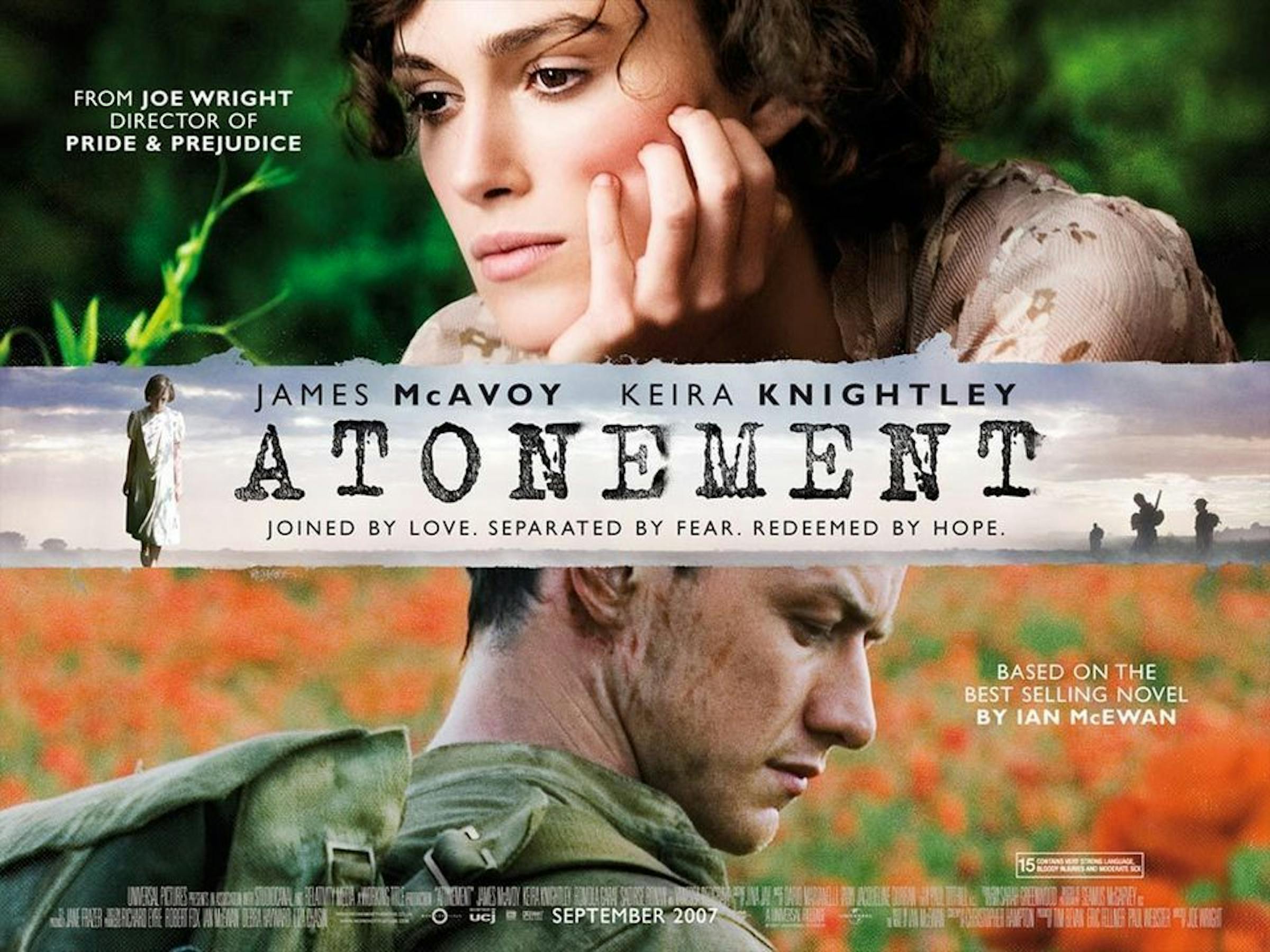
Atonement
Dario Marianelli
Instantly notable was the typewriter at the start being used as a percussive instrument, but there follows an emotive and romantic score with beautiful sonata-like piano parts.

Jaws
John Williams
Whilst clearly influenced massively by Stravinsky’s Rite of Spring, we can’t help but feel that John William’s score provided 90% of the presence of the shark and 100% of the terror. Without his score, large swathes of this film would be quite an attractive oceanic horizon with some plastic drums popping to the surface.
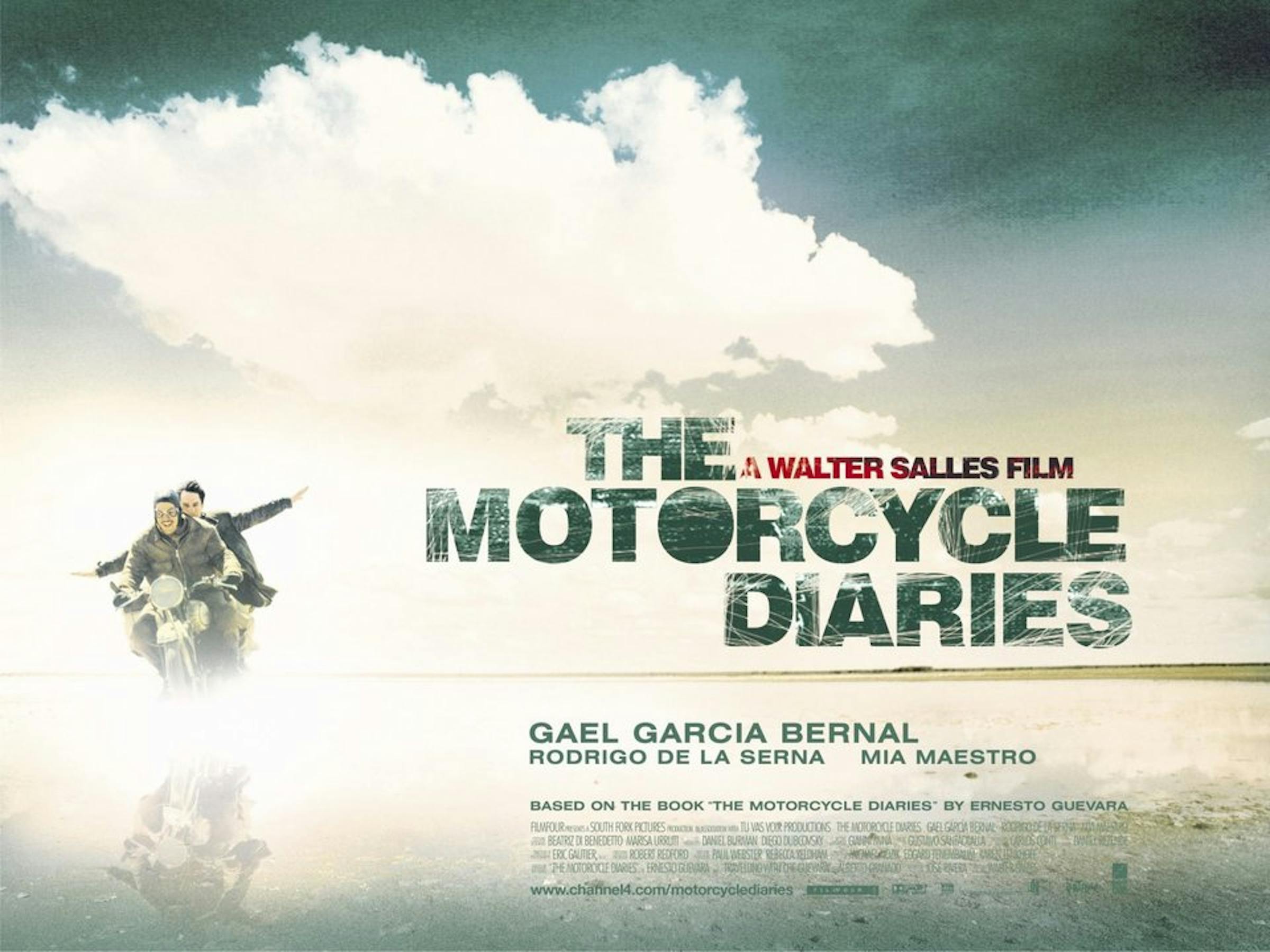
Motorcycle Diaries
Gustavo Santaolalla
One of the most innovative composers and musicians working today. His recordings always seem to be very honest. The score to this film makes you want to get on your motorbike and travel the world (playing the music on your iPod).

Amélie
Yann Tiersen
We love this movie, but the music in particular. It manages to be playful, mournful, and very very french (in a good way) all at the same time. Jean-Pierre Jeunet uses music better than any other French director in our opinion (check out Angelo Badalamenti’s score for La Cité des Enfants Perdus as well).
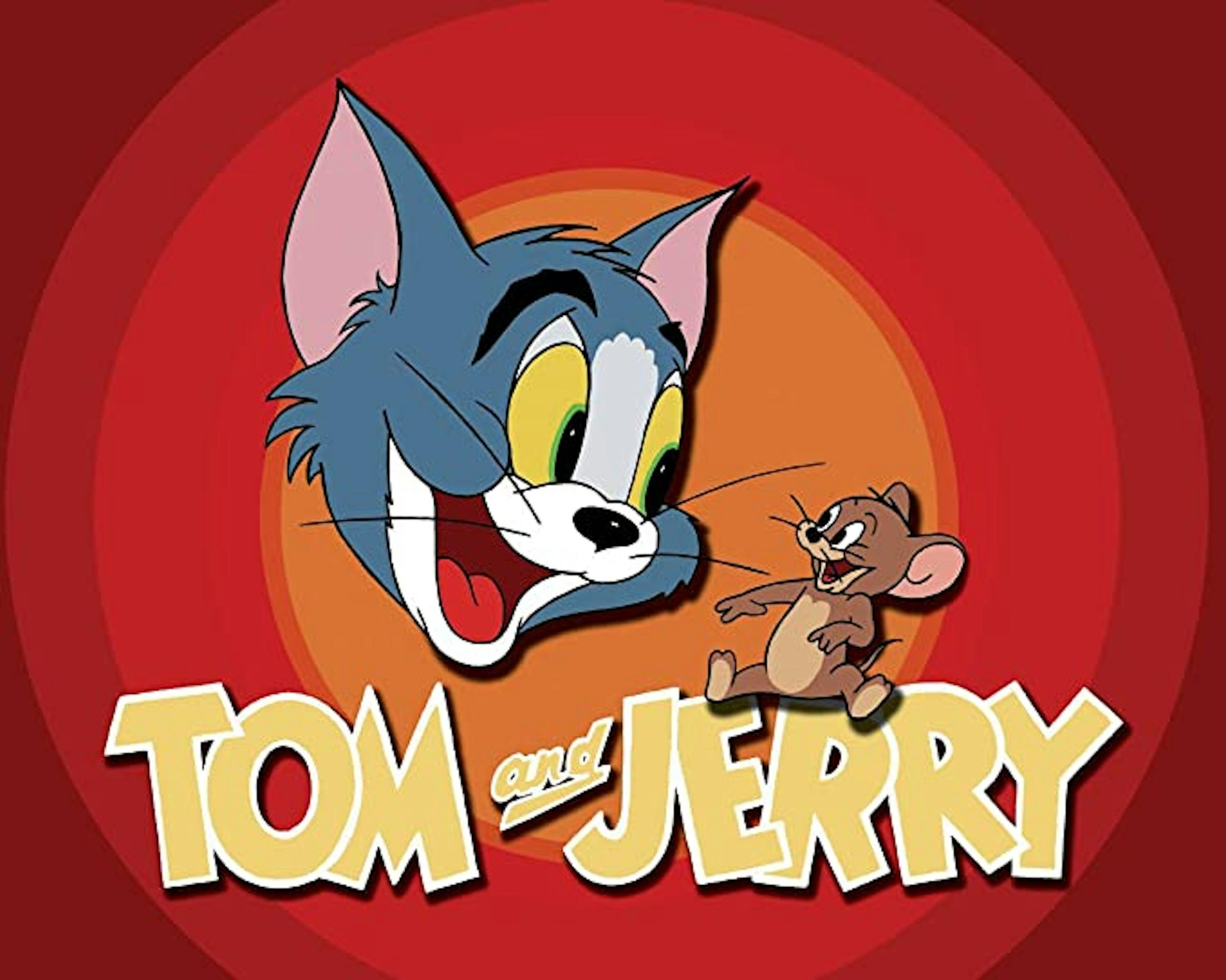
Tom & Jerry
Scott Bradley
Not a film, exactly, but Scott Bradley’s orchestration and the fun he had with original material and the arrangements of traditional jazz standards to the early Hanna-Barbera produced series blows us away.
- Close Encounters, John Williams
- Aladdin, Alan Menken
- Vertigo, Bernard Herrmann
- Oh Brother, Where Art Thou?, T Bone Burnett
- Raiders of the Lost Ark, John Williams
- Eternal Sunshine of the Spotless Mind, Jon Brion
- The Thin Red Line, Hans Zimmer
- Solaris, Cliff Martinez
- To Kill a Mockingbird, Elmer Bernstein
- Inception, Hans Zimmer
- Star Wars, John Williams
- The Girl with the Pearl Earring, Alexandre Desplat
- Grand Budapest Hotel, Alexandre Desplat
- 21 Grams, Gustavo Santaolalla
- The Hateful Eight, Ennio Morricone
- Hable con Ella, Alberto Iglesias
- Batman (1989), Danny Elfma
- Boxtrolls, Dario Marianelli
- Tinker Tailor Soldier Spy, Alberto Iglesias
- Wall-E, Thomas Newman
- The Princess and the Frog, Randy Newman
- Ratatouille, Michael Giacchino
- Back to the Future, Alan Silvestri
- The Kid, Charlie Chaplin
- Total Recall, Jerry Goldsmith
- Magnolia, Jon Brion
- Sinbad: Legend of the Seven Seas, Harry Gregson-Williams
- The Proposition, Nick Cave & Warren Ellis
- Flash Gordon, Queen
- Big Fish, Danny Elfman
- Dead Man, Neil Young
- Spirited Away, Joe Hisaishi
- Hitchhikers Guide to the Galaxy, Joby Talbot
- Cinderella, Patrick Doyle
- Les Enfants du Paradis, Maurice Thiriet

The Planets
Gustav Holst
Great melodies and brass power, and who can deny its impact and influence on 20th Century film music.
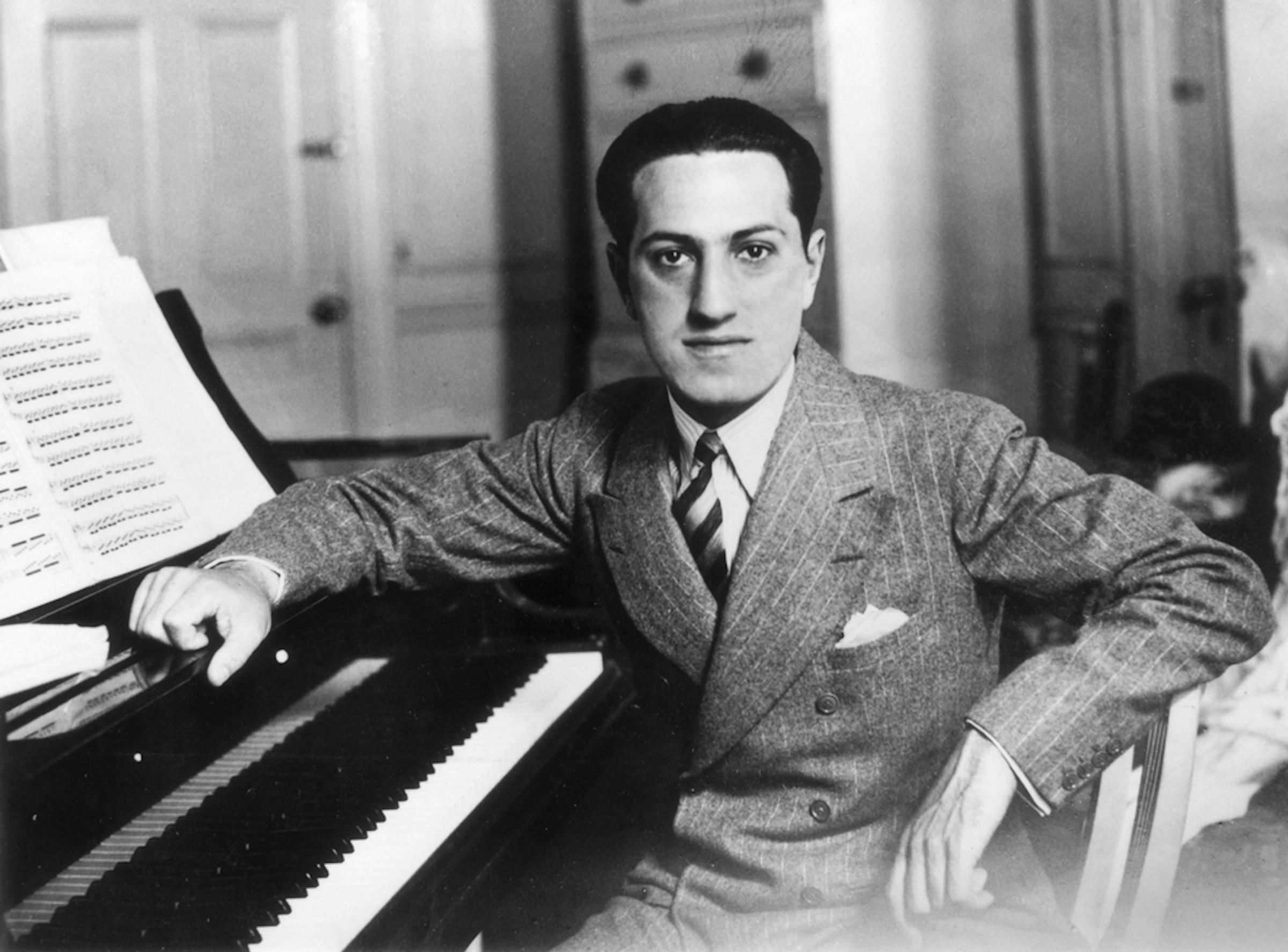
Rhapsody in Blue
George Gershwin
This is a great mix of classical music, jazz and blues for orchestra.

The Firebird
Igor Stravinsky
Incredible power and just amazing music. Blows our socks off.
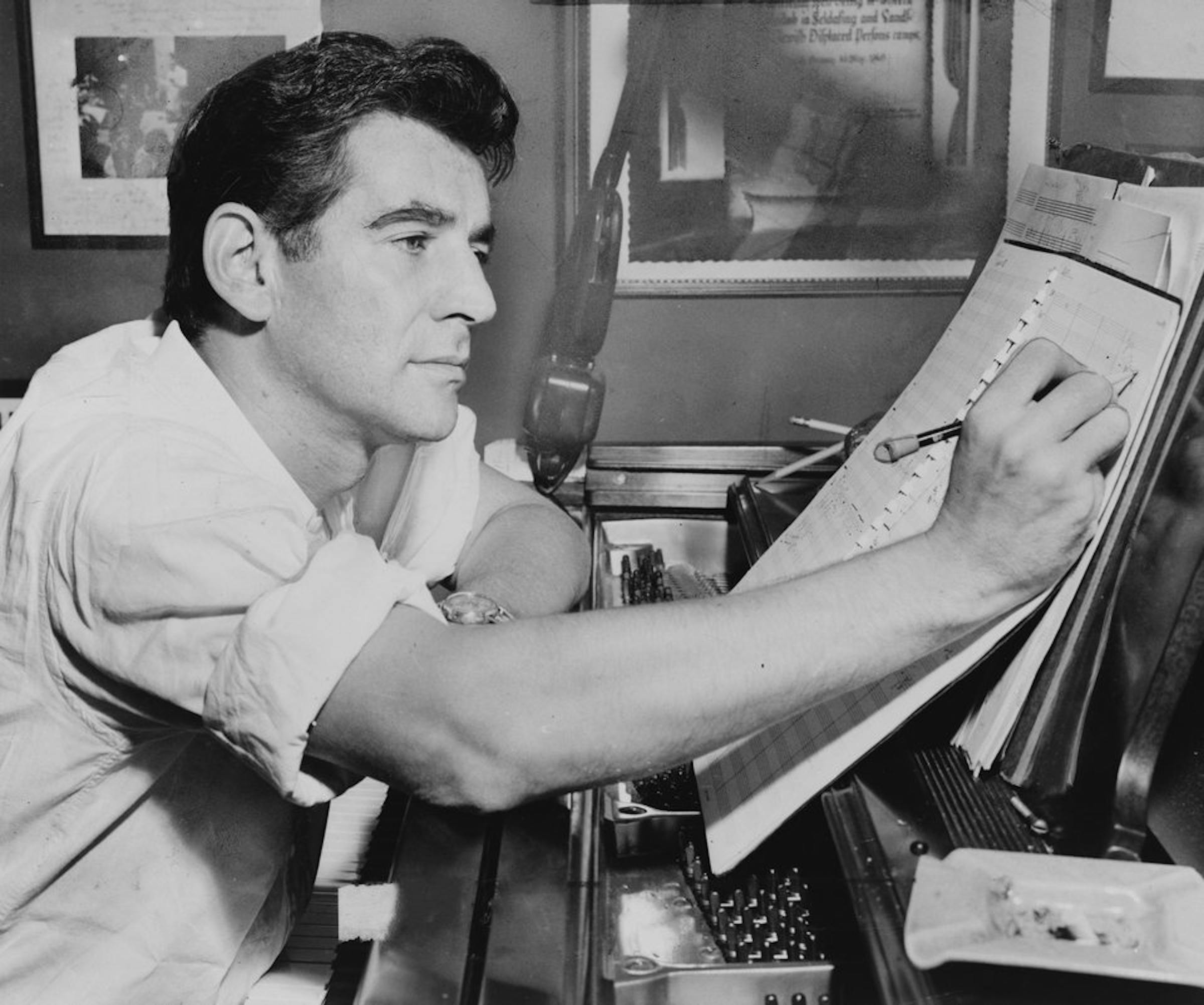
West Side Story
Leonard Bernstein
Combining elements of musical theatre, jazz, blues, comedy, tragedy and New York flair, Leonard Bernstein’s masterful score for West Side Story more than deserves its place on this list.
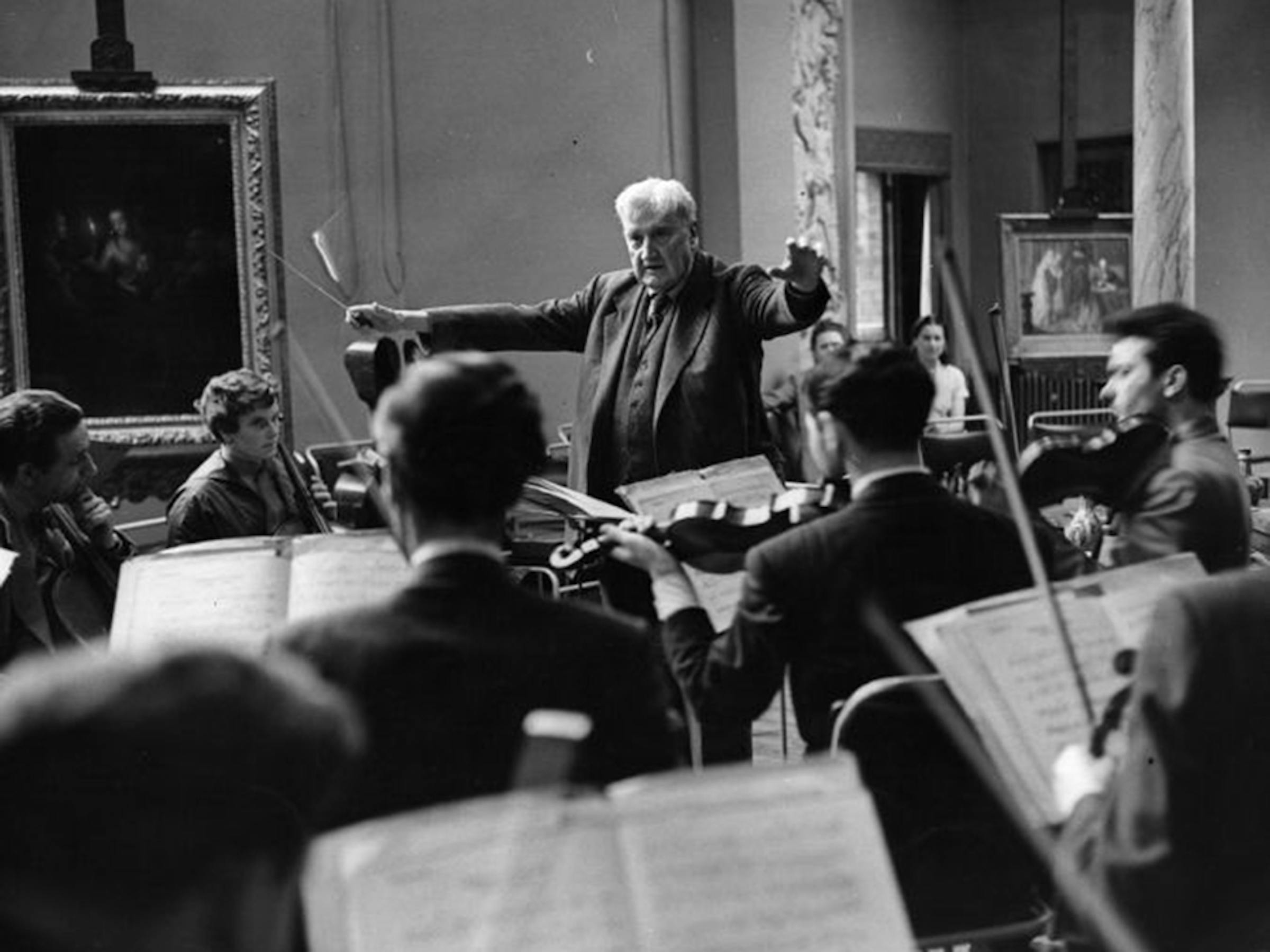
The Lark Ascending
Ralph Vaughan-Williams
Vaughan-Williams’ The Lark Ascending was originally composed in 1914 for solo violin and piano. The much better known version for solo violin and orchestra wasn’t written until 1920.

Tabula Rasa
Arvo Pärt
It’s hard to choose a single piece by Arvo Pärt but we’ll let our in-house composer Oliver explain why we’ve picked this one:
“I saw this performance live in Paris after being invited by a director for whom I had scored a short film. To everyone’s surprise, the conductor asked a special guest on to the stage - Arvo Pärt himself got up from the 3rd row and walked on stage while the audience was giving standing ovations for about 15 minutes. I am happy to say that I got to bandy a few words and shake his hand after the concert.“ (see accompanying picture)
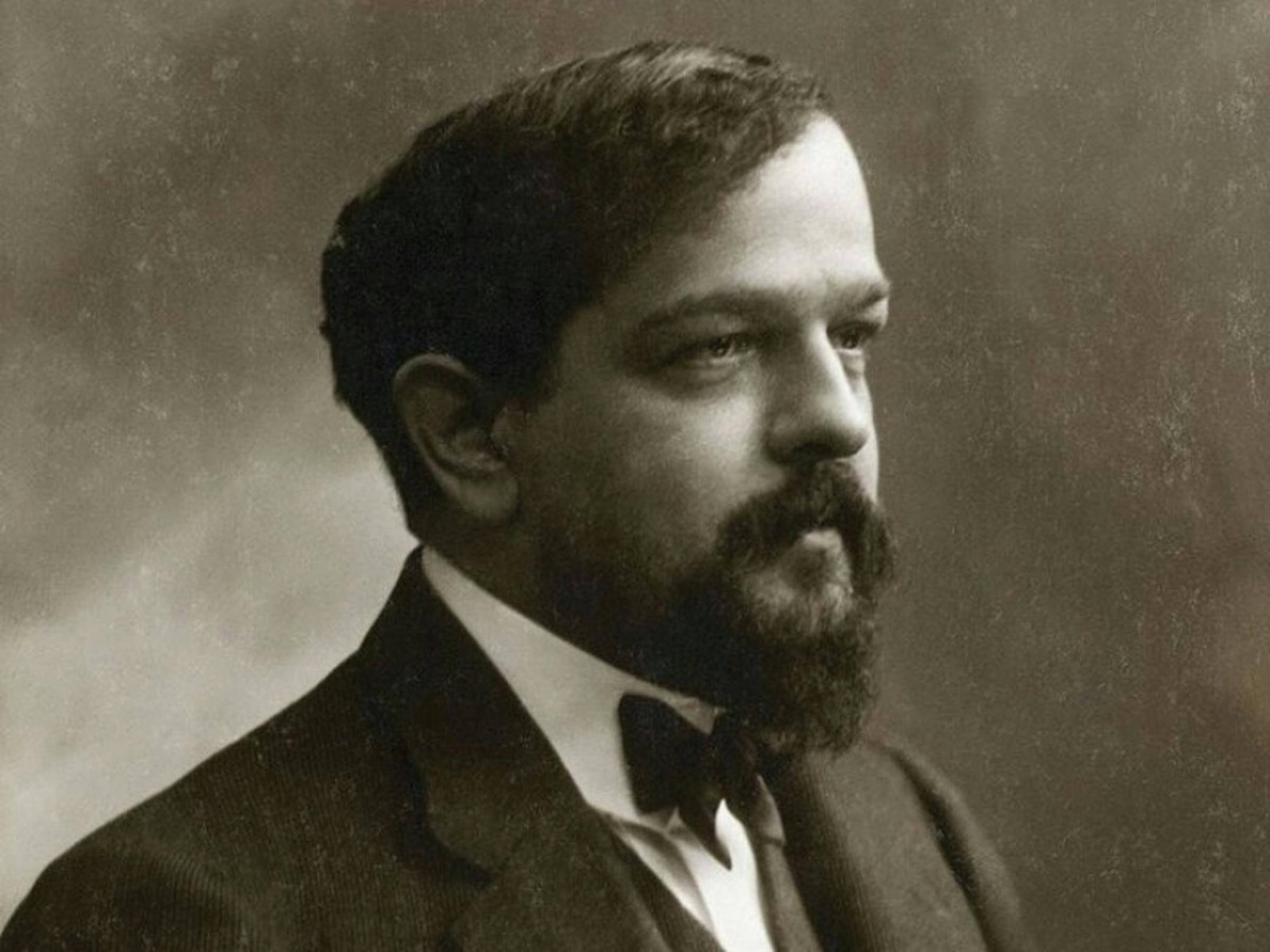
Nocturnes No. 1 "Nuages"
Claude Debussy
This piece narrowly squeaks into the 20th Century along with all the others on our list, having had its Parisian premier in 1900. The first of three Nocturnes inspired by a series of impressionist paintings (also called Nocturnes) by James Whistler. This piece features an orchestration style typical of Debussy: Lots of harp and woodwind!
Trivia: This series was transcribed for two pianos by Maurice Ravel.
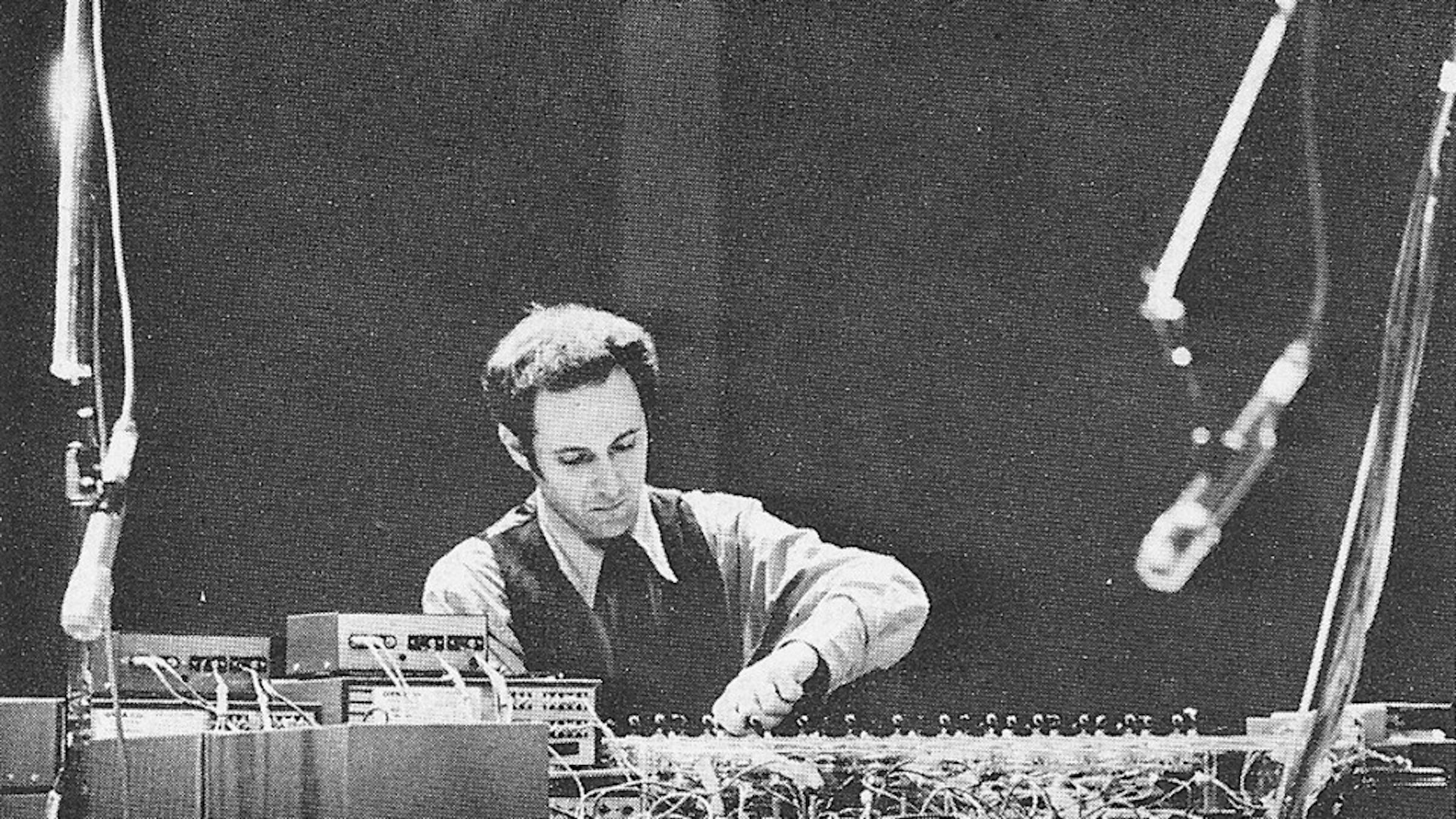
Music for 18 musicians
Steve Reich
We would really recommend listening first, seeing live second. A piece of music that can sit on two separate planes… Recorded - Haunting, hypnotic and atmospheric. Live - total Vaudeville!
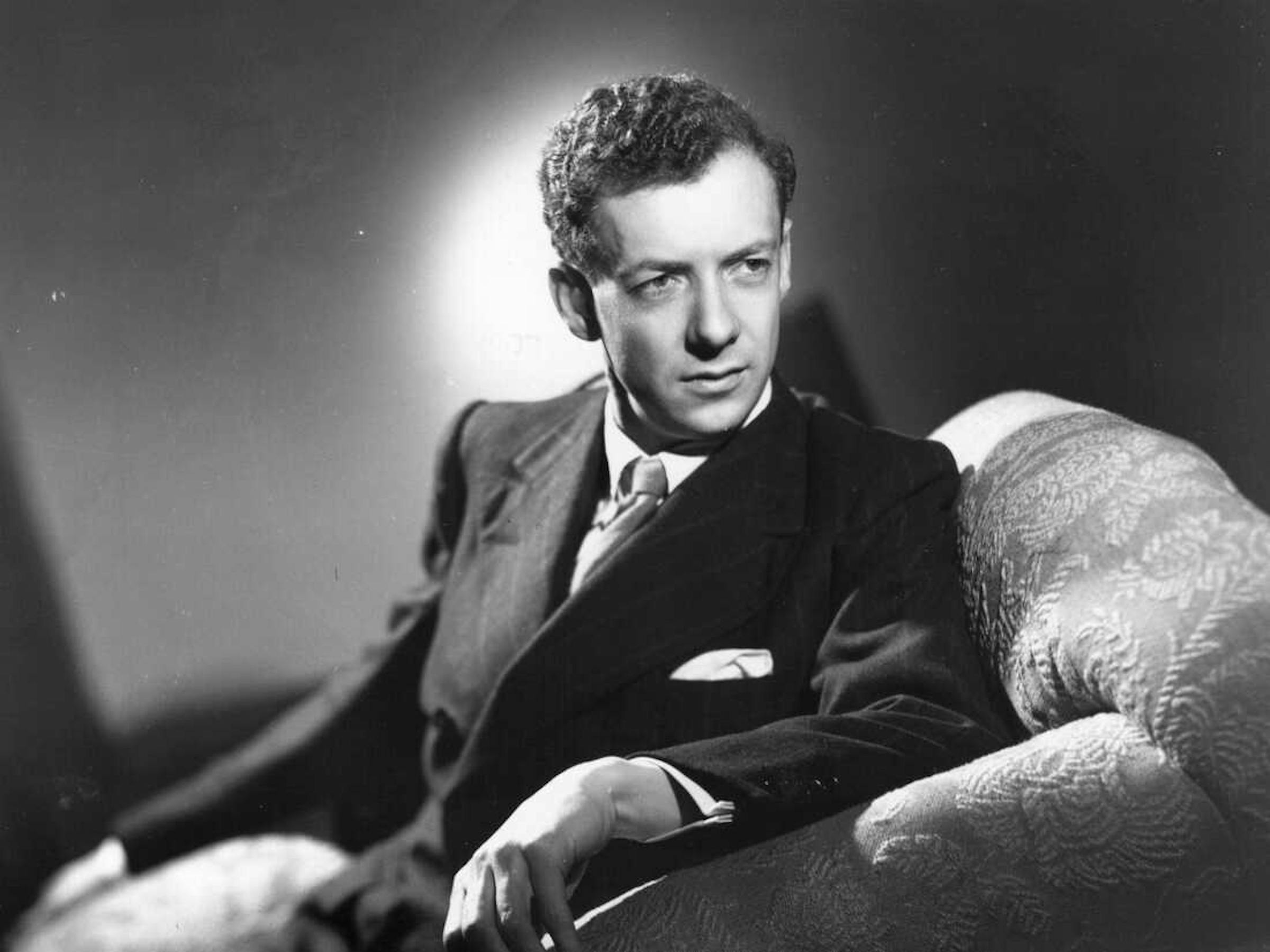
Sea Interludes
Benjamin Britten
Extracted for concert use from Britten’s opera Peter Grimes, this series evokes the sounds of his home on the bleak North Sea coast of Britain. John Adams was a fan of this work, and so are we!
- Fratres, Pärt
- Bolero, Ravel
- Short Ride in a Fast Machine, Adams
- Guitar Concerto, Rodrigo
- Sinfonia, Berio
- The Isle of the Dead, Sergei Rachmaninoff
- Danse Macabre, Saint-Saëns
- The Desert Music, Steve Reich
- Ma Mere l’Oye I - IV, Ravel
- Symphony 10, Shostakovich
- Die Forelle, Schubert
- Symphonic Dances Op. 45 I. Non Allegro, Sergei Rachmaninoff
- Out to Sea / The Shark Cage Fugue, John Williams
- The Blue Danube Waltz, Johann Strauss II
- Nocturne op.9 No.2, Chopin
- Concierto de Aranjuez, Joaquín Rodrigo
- Rhapsody Op. 1, Bartók
- Christus Factus Est, Bruckner
- Pines of Rome, Respighi
- Swan Lake, Tchaikovsky
- Symphony No. 40, Mozart
- Rhapsody on a Theme of Paganini, Op. 43: Variation 19, Sergei Rachmaninoff
- Symphony No. 2, Hanson
- La Mer, Debussy
- Symphony No. 1, Walton
- Black, Brown and Beige, Ellington
- The Chairman Dances, John Adams
- Symphonie Fantastique, Berlioz
- Carmen Suite, Bizet
- St. Matthew Passion, Bach
- Scheherazade, Rimsky-Korsakov
- Symphony No.7, Sibelius
- Requiem, Fauré
- Worldes Blis, Peter Maxwell Davies
- Carnival Overture, Dvorak
- Concerto for Turntable and Orchestra, Gabriel Prokofiev
- Quatre Chants Pour Franchir le Seuil, Grisey
- Instability, Luke Bedford
- Keilschrift, Enno Poppe
- Duke Bluebeard’s Castle, Bartók
- Le Soleil des Eaux, Boulez
- Violin Concerto, Berg
- Die Soldaten, Zimmermann
- Limited Approximations, Haas.
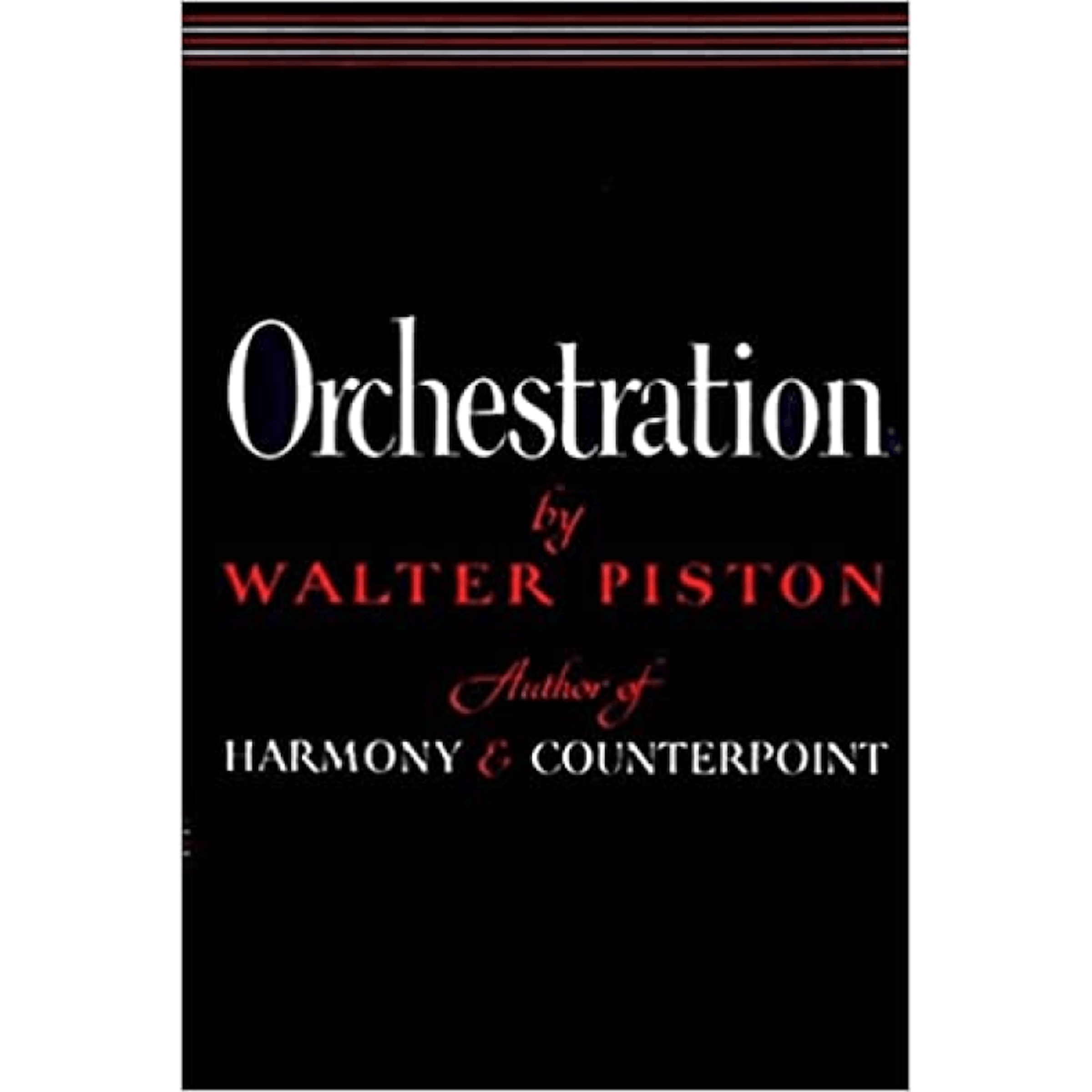
Orchestration
Walter Piston
Suggested by Christian Henson
A great single volume book that lists all the instruments and tells you what they can do, how low they can go, how high they can go, what is polite to ask of them etc etc. I find having an actual book next to my workstation a welcome diversion, and this reference work is a classic. My version is very well thumbed!

Grove Dictionary of Music and Musicians
Various Authors
Suggested by Christian Henson
I walked into a music shop on Bond Street and saw this gathering dust. It was on special, 50%-off, they said “it’s going out of print” I said “where’s it going to go?” they said “onto the internet”. When we were taught history at school we were led to believe that getting rid of books never ends well. Whether you’re burning them on pyres or scanning them onto hard drives. So as a mercy purchase, I bought it and purposely use it for any research over and above anything I can find on the net. The net is based on consensus, if you say it, or as many people say it enough times it becomes the ‘truth’. I prefer the truth to be derived from scholarly enterprise and the Grove Dictionary is the greatest of those in our business.

On the Track
Fred Karlin & Rayburn Wright
Suggested by Paul Thomson
A mine of useful info on everything film music.

All You Need Is Ears
George Martin
Suggested by Paul Thomson
Interesting and instructive view into the inception of the modern recording industry, written by someone whose credentials in this arena scarcely need spelling out.
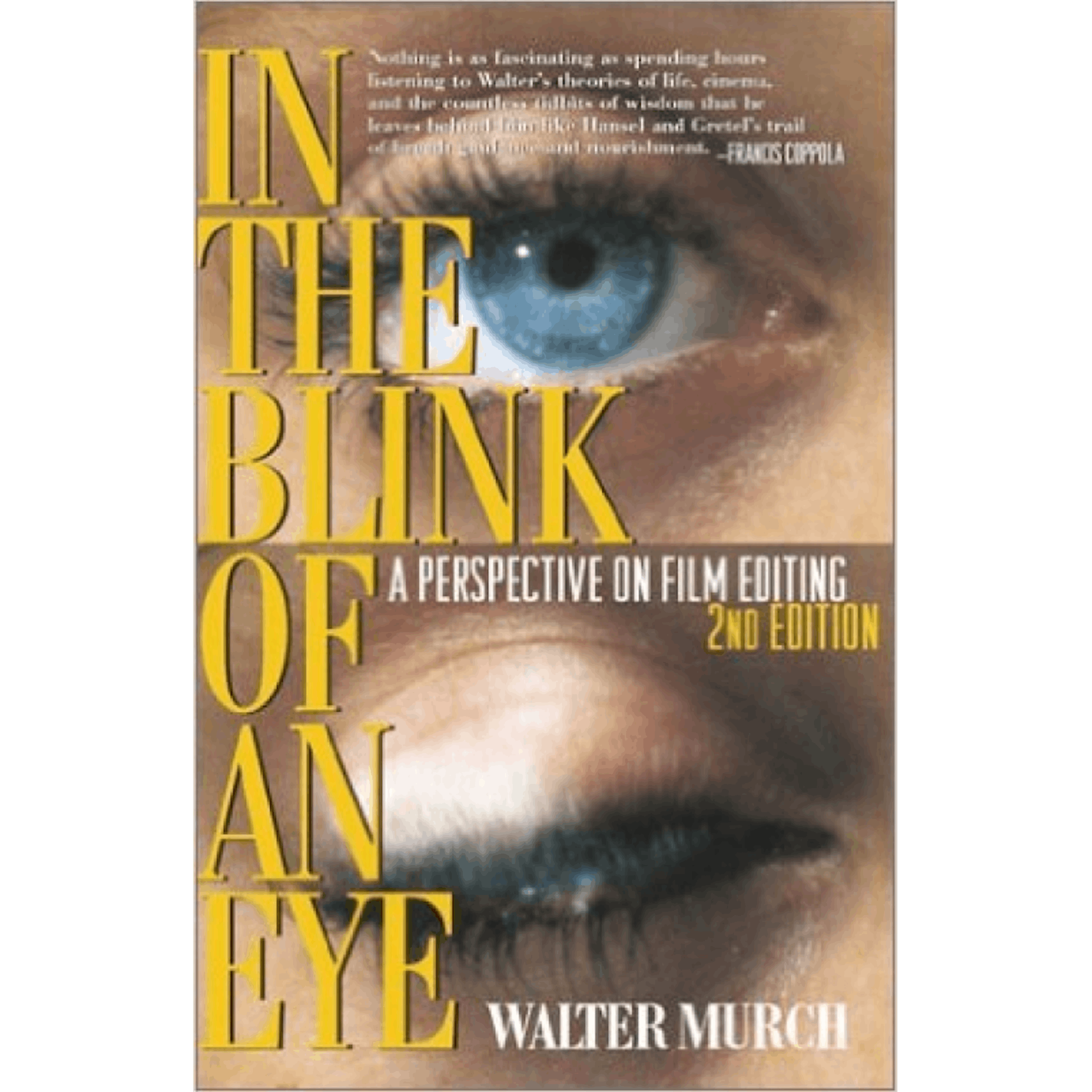
In the Blink of An Eye
Walter Murch
Suggested by James Bellamy
Not strictly a music book but a superb (and short!) introduction to the thought processes behind film editing by celebrated Oscar winning sound designer, sound editor, film editor, score producer and director Walter Murch.

The Study of Orchestration
Samuel Adler
Suggested by Paul Thomson
Everyone needs a good orchestration book, and this is a staggeringly comprehensive guide to instruments old and new, and the techniques you can use when writing for them.

Complete Guide to Film Scoring
Richard Davis
Suggested by Oliver Patrice Weder
This was the first book I read specifically about film scoring. Having been completely new to the subject this book was a very insightful guide to get me started and give a good overview. I can recommend it to everyone who is considering a career within the film music world.

The Technique of My Musical Language
Oliver Messiaen
Suggested by Paul Thomson
A fascinating insight into the mind of a unique and inventive musical innovator.

Principles of Orchestration
Nikolay Rimsky-Korsakov
Suggested by Harnek Mudhar
This books stands out from others on the topic thanks to its huge wealth of musical examples, and of course the fact that it is written by a major composer, whose own orchestrations are well known for their brilliance.

How Music Works
David Byrne
Suggested by Oliver Patrice Weder
This is a general book about the author’s [Talking Heads frontman, David Byrne] approach to music. There are some pretty interesting arguments in there!